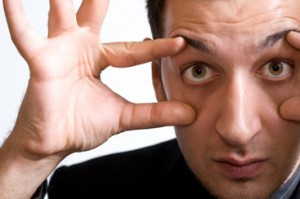
Loss of sleep, even for a few short hours during the night, can prompt one’s immune system to turn against healthy tissue and organs. Losing sleep for even part of one night can trigger the key cellular pathway that produces tissue-damaging inflammation according to new research. The findings suggest a good night’s sleep can ease the risk of both heart disease and autoimmune disorders such as rheumatoid arthritis.
Scientists at the Medical College of Wisconsin (MCW) have discovered a link between sleep loss and cell injury.
Results of a new study find sleep deprivation causes the damage to cells, especially in the liver, lung, and small intestine.
Fortunately – Recovery sleep following deprivation heals the damage.
The findings are published in the December issue of Sleep, a joint publication of the Sleep Research Society and the American Academy of Sleep Medicine.
Dr. Carol Everson's team discovered that sleep loss causes cell damage, resulting in a link between sleep and disease risk. Furthermore, recovery sleep from sleep loss was found to restore the balance and also decrease cell injury. These findings elucidate previous research indicating sleep abnormalities as risk factors for diseases such as cardiovascular disease and cancer.
Dr. Everson said:
The study culminates years of work and provides physical evidence that sleep deprivation injures cells and that sleep recovery restores the balance between, among other parameters, DNA damage and repair.
This is important because specific physical underpinnings that pose disease risk from sleep deficiency have been elusive and are now becoming identified.
The lead author is Carol Everson, Ph.D., professor of neurology, cell biology, neurobiology and anatomy at MCW. Co-authors are Christopher Henchen, B.S., Clinical Research Coordinator at MCW; Aniko Szabo Ph.D., associate professor of biostatistics and director of the Biostatistics Consulting Service at MCW; and Neil Hogg, Ph.D., professor of biophysics and assistant dean of recruitment for MCW's Graduate School of Biomedical Sciences.
Sleep doesn’t just help you feel more alert on your way to work in the morning. Silently, without asking for thanks, it compels you to help yourself stay alive, controling every bodily function you possess. If it loses its ability to execute those functions, the inevitable happens. So for your own sake, carve out seven hours. You can spare them.
Please Read this Article at NaturalBlaze.com





Leave a Reply